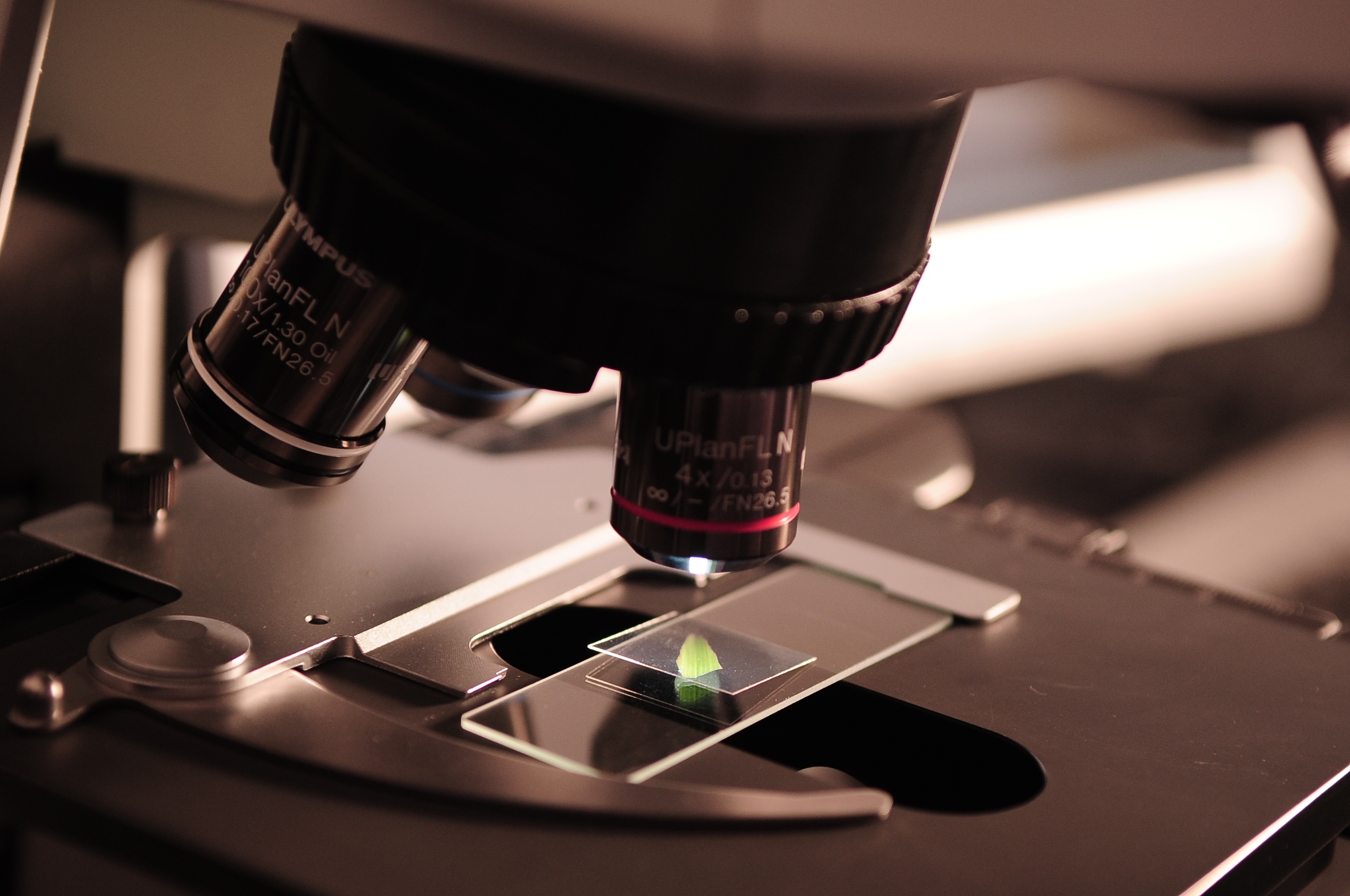
2012
Hongtao Liu, MD, PhD
Department of Medicine, University of Chicago
Prophylactic Donor Lymphocyte Infusion after T Cell Depleted Allogeneic Stem Cell Transplant In High Risk Patients With Hematologic Malignancies
Prophylactic Donor Lymphocyte Infusion after t-Cell Depleted Allogeneic Stem Cell Transplant In High Risk Patients With Hematologic Malignancies
Although allogeneic stem cell transplant (allo-SCT) is the only curative treatment for many high risk patients with hematologic malignancies, including acute myeloid leukemia, the outcome after stem cell transplant for patients with active disease is still very poor. Dr. Liu’s study will focus on patients with high risk hematologic malignancies undergoing allo-SCT. The primary objective of this clinical trial is to assess progression-free survival at 2 years after stem cell transplantation for high-risk hematologic malignancies receiving T-cell depleted grafts, followed by an escalating dose regimen (EDR) of prophylactic donor lymphocyte infusion (DLI) compared to historical controls not receiving DLI. DLI is a clinically available and established treatment for relapse after stem cell transplant that is most effective for minimal residual disease. Dr. Liu hypothesizes that prophylactic DLI after T-cell depleted stem cell transplant will accelerate the donor-derived immune reconstitution (thus preventing relapse of disease as well as decreasing the rate of opportunistic infections, especially viral infections) and that it will also eliminate minimal residual disease to keep the hematologic malignancies in remission. Prevention of relapsed disease with few and tolerable side effects will result in longer survival in those patients who have poor outcomes with currently available treatment strategies. The studies on immune re-constitution and minimal residual disease control will provide scientific insight on immune regulation following prophylactic donor lymphocyte infusion, which could provide a platform to design future immune-based therapies, including application of antibodies to known negative immune regulators, and further enhancement of immune re-constitution by lymphocyte growth factors or regulators.
Final Report
2012 CRF Young Investigator Award - Final Report
Interim Report
2012 Young Investigator Award - 2013 Interim Report